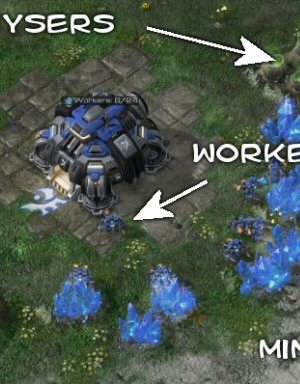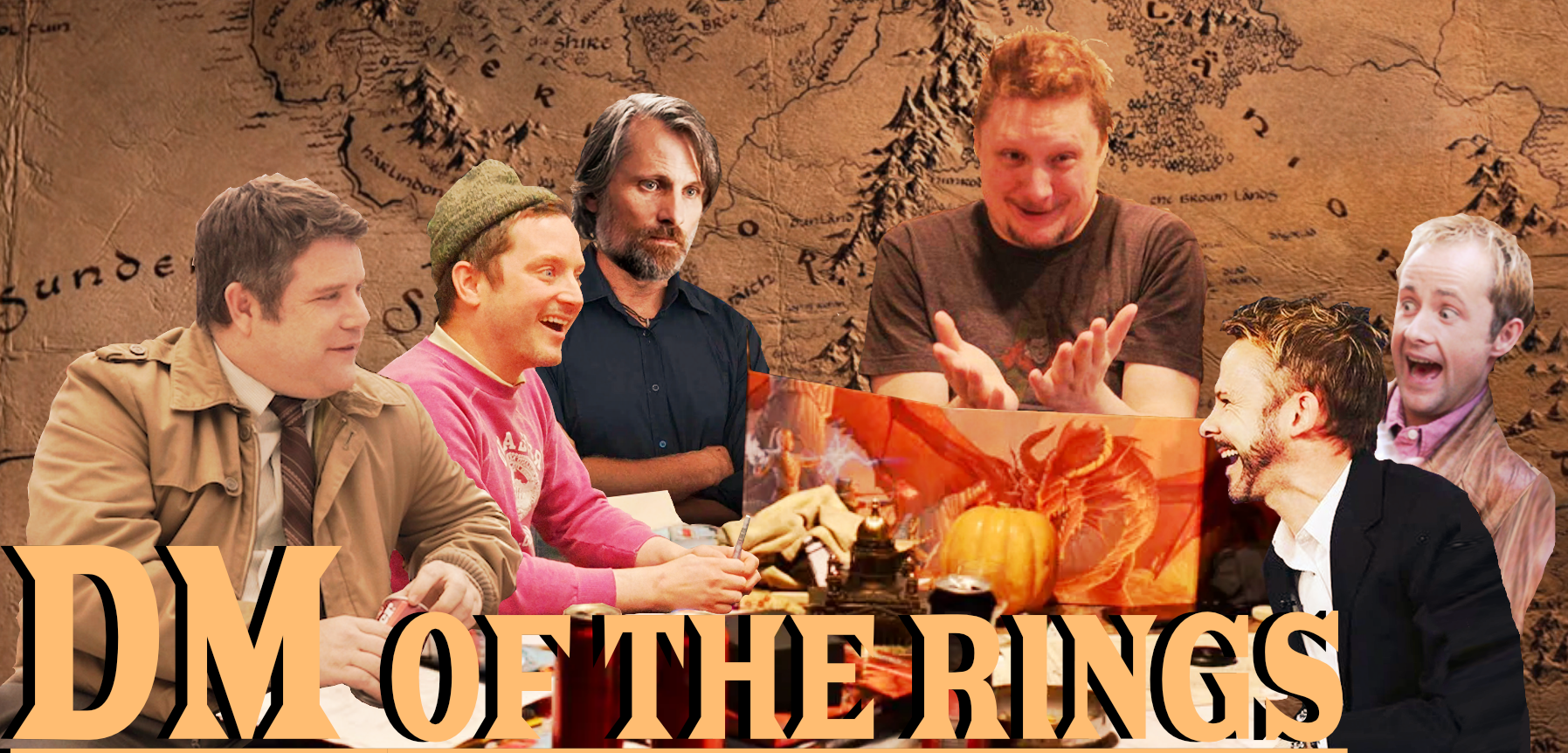
Trekrospective

A look back at Star Trek, from the Original Series to the Abrams Reboot.
Tenpenny Tower

Bethesda felt the need to jam a morality system into Fallout 3, and they blew it. Good and evil make no sense and the moral compass points sideways.
Another PC Golden Age?

Is it real? Is PC gaming returning to its former glory? Sort of. It's complicated.
Starcraft 2: Rush Analysis

I write a program to simulate different strategies in Starcraft 2, to see how they compare.
How to Forum

Dear people of the internet: Please stop doing these horrible idiotic things when you talk to each other.
 T w e n t y S i d e d
T w e n t y S i d e d

True roleplayers would pose the question “Just how desperate are you to relieve Gondor? Desperate enough to make a bargain with people who were oath-breakers when they were alive?”
I mean that’s the reason these people are cursed to be ghosts.
But then if they were roleplaying rather than griefing the DM the players would remember the name of the city they’re supposed to save, as well as a lot of other things. It’s hard to play a role if you don’t remember anything about it.
Possibly Gimli’s player remembers; though this may just be an artifact of “inconvenient (for the GM) memory”.
On a different note:
In almost any roleplaying game ruleset, the “players” are called just that. It reminds me of the name for the actors in a travelling medieval troupe.
However the name for the one who runs the game changes a lot.
– DM (dungeon master). Presumes that the game is mostly set in dungeons. Also see GM.
– GM (game master). Presumes that this person is actually the master of anything :). True in many games. And then there are the “pathological” ones (in the mathematical sense) like our example here. Yes, it’s pathological; I don’t think either the players or the GM are having the experience they thought they were signing up for.
– Referee. Assumes that this person is disinterested in the outcome – takes input from the players and produces an output. If all the characters the players die at once, that’s a consequence of bad decisions and/or bad luck.
– Storyteller. Assumes the opposite of referee. This person is telling a story, and the players play parts in it. Improvising can be done, but it’s like improvising on stage: if you fall flat too many times, you’re out of the troupe. The idea is to tell an interesting story.
There are other names, but as far as I know they all assume one of the above roles. Have I missed anything?
“Nemesis”.
Or in Lord of the Rings, “The Great Enemy”.
Oathbreakers who have seen the error of their chaotic ways and are ready to fulfill their oaths and fight against the BBEG after millennia? What could be more Lawful and Good than that?
Absolutely this. If I remember correctly canonically Aragorn is literally leveraging an ancient oath of fealty here. In a feudal society this was the very core of the social contract.
Also, something that video games tend to get wrong is that it’s the motivation that should fit the alignment more than the action, and definitely more than the results of that action whether intended or not.
“Game Mother,” for Alien RPG.
Regarding Shamus’ original comment: And this is why some Vampire GMs just ban clan Malkavian. I usually play Malk’s and I think I do a fairly decent job of it but I have heard many a horror story of players who basically pick Malk’s to be able to do the most asinine, disruptive nonsense for pure lolz and handwave it as “am craaaaaaaazy”.
Please make your moral objections known before the adventure commences.